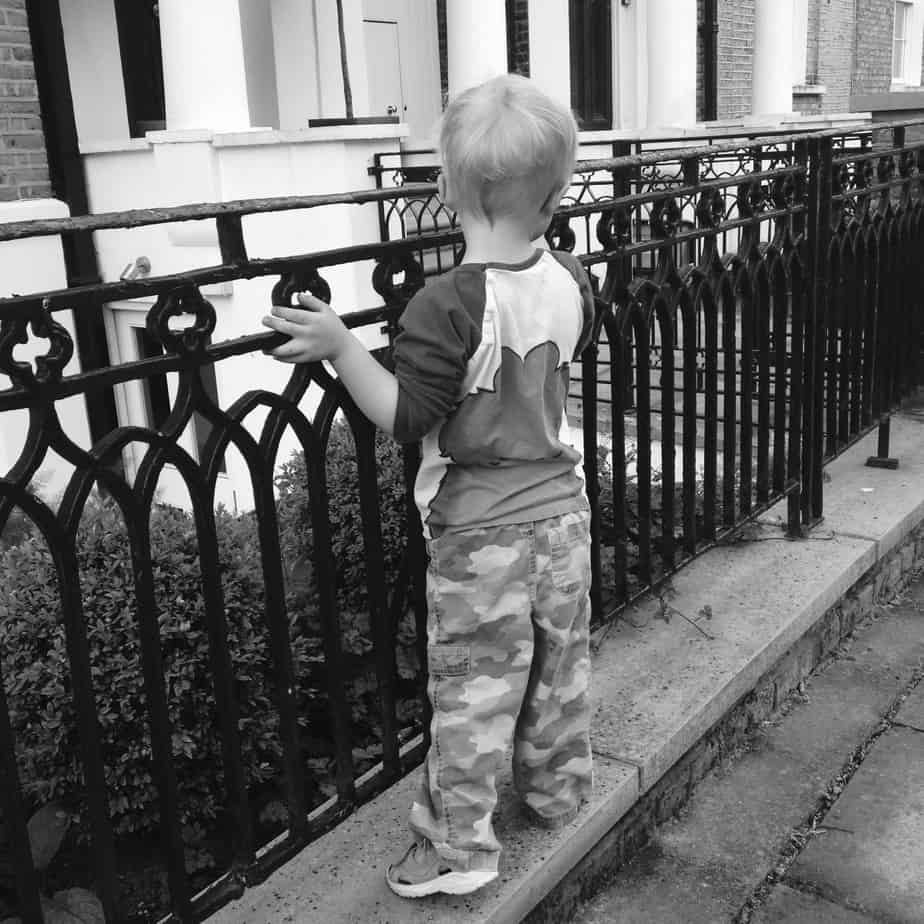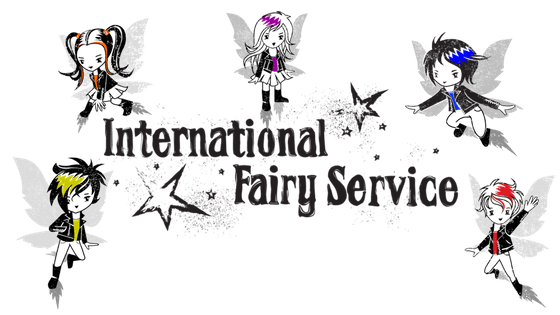
What do you do when you’re out and about and suddenly find yourself meeting a non-verbal child (or adult) with an adult?
You talk to them both right? Yes, but how?
It’s incredibly difficult knowing what a non-verbal person understands and if you’re not getting any conversation back, the tendency is to talk to them slowly, repeat what you’re saying and possibly start gesticulating wildly too. It’s very amusing to watch! It wasn’t until I had a non-verbal child myself that I realised I’ve changed the way I speak to non-verbal children & adults and how much easier I feel about it.
Our boy is now 4 ½ and is just starting to ramp up on the whole speaking thing. As most of you know, he has Down Syndrome, which I know will add to people’s opinions of his level of understanding. He actually understands practically everything and we talk very normally to him at home, using the same words and language as we do with each other. His level of speech bears no reflection on his understanding or intelligence at all! Many people (children in particular) seem to really struggle to know how to communicate with him when they first meet him and usually default to ‘baby mode’. There’s usually lots of cooing, or one or two very truncated questions said in a high-pitched voice and then, when he just stares at them in total astonishment they’re convinced he’s understood nothing at all and switch their attention on to me.
I really don’t blame them because I’ve been there and I totally get that one-sided conversations are very off-putting and incredibly difficult to sustain. Now, if anything, I find the whole thing very interesting and it’s made me think more about communication in general.
I included in a previous post ‘Say What You Mean!‘ that Dr. Albert Mehrabian, author of Silent Messages, conducted several studies on nonverbal communication and writes that 55% of communication is body language, 38% is the tone of voice, and 7% is the actual words spoken. So theoretically, a lack of words shouldn’t matter too much, though I know it does. We all learnt Makaton (sign language) at home so we could understand each other. We found it gave us the tools to communicate with each other and for us to understand his thoughts and needs. It’s been great fun too: we ‘talk’ across crowds and swimming pools. What could be better than being able to sign to your other half that your boy’s done a poo in the swimming pool (swim nappy) without having to announce it to everyone in the borough?!
When you have a baby, you naturally change your language and communication to suit, but it does ramp up pretty quickly. You chat normally to a toddler because the assumption is they understand what you’re saying. To meet a non-verbal child is out of the norm and can throw you into the world of the unknown. You can no longer make these assumptions about the child. As you don’t want to exclude them or appear weird, you talk very simply to increase the chances of not blowing the whole thing, or offending the accompanying parent(s)!
Assume competence. Assume the child understands everything you’re saying.
From a mother’s point of view, I feel compelled to chip in with ‘he’s just learning to talk now but he understands everything you’re saying’. I want people to see the real him and treat him as the switched on, energetic, smart little boy that he is. They will only get this if they communicate normally with him. Having said that, even if he didn’t understand what they were saying, I would love for them to chat away to him anyway. Communication is such a basic need, in whatever form and is an important part of our ability to make sense of the world around us.
So how on earth do you do that with a child you don’t know?
I know all children are very different but this works really well with our boy…
Normal eye contact, smile and talk normally at normal volume, pace, tone & pitch! As you would to anyone. Any baby voices or exaggerations will inevitably make him think you’re having an episode and he’ll just stare at you in amazement (as will I)!
Don’t fire lots of questions at him…a natural tendency when you don’t get an answer to a question is to race straight into another and then another. To an observer, this sounds like the Spanish Inquisition and is rather fluster making. If you must ask a question, make it a yes/no one so he can nod or shake his head. Can you imagine being fired questions where you must reply in a language you’ve only just started learning? The stress will be the same for him as he’s unable to articulate the answer.
Say hello to him with an open friendly face and if he doesn’t know your name, tell him who you are and why you’re talking to him. Don’t ask him his name in case he suddenly can’t say it. It doesn’t matter if you don’t know it in this instance, though the person with him will probably tell you his name in return. Actually I find this when I talk to other non-verbal children – the person with them helps with the conversation where necessary, either by answering questions on their behalf or translating.
Tell him something that any 4 year old might be interested in – how you nearly trod in a big dog poo over by that tree; there’s a man in the park cutting the grass with a blue tractor thing; you’ve just seen a lady walking 7 dogs all at the same time; you might go swimming this afternoon….anything.
That’s it!
There’s actually no need for big chats, or to go further than ‘hello’ if you suddenly seize up, but it’s always appreciated when you acknowledge he’s there and talk normally to him, rather than to me about him!
Try not to be unnerved when you meet a non-verbal child, assume competence and talk as you would to anyone else. You taking a minute to talk to and engage will make them feel worth it.
And that’s a precious gift.
***
You may also like to see other posts on Down Sydrome or Parenting including:
Encouraging Kids To Eat
Dear Dog Owners
Why Being An Imperfect Parent Is A Good Thing
Delay Starting School For A year Or Not?
For Kids Who Hate Maths
***
Download your FREE Guides To Common Christmas Conundrums
“The best Christmas idea ever.” – Charlie Condou (Actor)
***
“These were the best things I have ever (and I mean ever) ordered!!
I’ve never seen the magic or happiness last so long x”
– Jolene (August 2017)
***
If your child believes in Father Christmas and you want to keep the magic for as long as possible, There are DIFFERENT and NEW! Christmas Letters each year! You can preorder these for Christmas 2017 for dispatch from September.
***
***
Fairy & Tooth Fairy Letters
Fairy letters from a world of dragons (who set fire to your lunch by mistake), Mystery Gardens (with changing adventures inside), Magical Potion Fairies, Secret Underground Passageways, Magical Tree Bark, Time Travel … and more.
***
Dummy Fairy Letters are available too!
Come and join us on Facebook, or find us over on Christmas Traditions & Magic For Children for all year round festive chat.
To receive my blog posts, please sign up at the right hand side of this page or for Product or Christmas News and promotions from the International Elf Service, please sign up at the bottom of the page.
Emily x




This is such an important and helpful post. Thank you for writing it. I would always talk to all children, verbal or non-verbal, in the same way. It always astounds me that many people don’t do this. My best friend is in a wheelchair and it makes me so angry when people talk to her like she is stupid. It is just ignorant. Hopefully, if more people read posts like this then they will know how to act. Hugs Mrs H xxxx #SundaysStars
Gosh yes that must be so awful for your friend and awful for you to witness it. I think the height difference can make people feel awkward but still…! I really hope more people can put their own preconceptions and fears away. A big hello to your friend! x
Another fabulous post from you!! I’ve always assumed competence and just talked normally. These are great tips for people too. I’ve never been unnerved by non verbal interaction. I don’t know why, but it’s definitely not different than talking to a verbal person who to be honest doesn’t listen and communicate with you anyway. At least interaction is interaction and that I believe is key. Thanks as always, for linking up with us on the #bigfatlinky hope to see you there this week.
You are absolutely right Martyn. Spot on x
This is such a fab post, Archie is almost three now & after 11 months of speech therapy is still non verbal so a lot of people still speak to him like he’s a baby. We’re just starting PECS so hopefully this might help him develop some speech, but I’ll be directing people to this post too 🙂
Thank you so much for reading this and for your kind comments too. We’ve also found using makaton sign language really helpful but I don’t know what you’ve been advised on that. Another thing that’s really helped is constantly going over phonics / speech sounds while out and about. I wrote a post on it here…it’s a reading post but we started this for speech: https://internationalelfservice.com/christmas-letters/encourage-younger-kids-read/ He will get there!
This is absolutely fantastic advice! Sometimes it’s better to have a conversation full of one sided observations than to get flummoxed with asking unanswered questions. This also works well with older people suffering with dementia too who may still be able to speak but not necessarily with any relevance, although they might not appreciate the poo remark lol Thanks for linking up with #SundayStars xxx
Oh yes you’re absolutely right and I hadn’t really thought about it. Of course! No they may not wish to talk about poo 😉
What fantastic tips. I would feel totally out at sea in this situation if I hadn’t read this- thanks! I have made a big mental note that dog poo is a good conversation starter with 4 year olds also 😉
Ha ha ha! Definitely a hot topic in this house. I’ve floundered around myself in the past and thought this might help. Thank you for reading! x